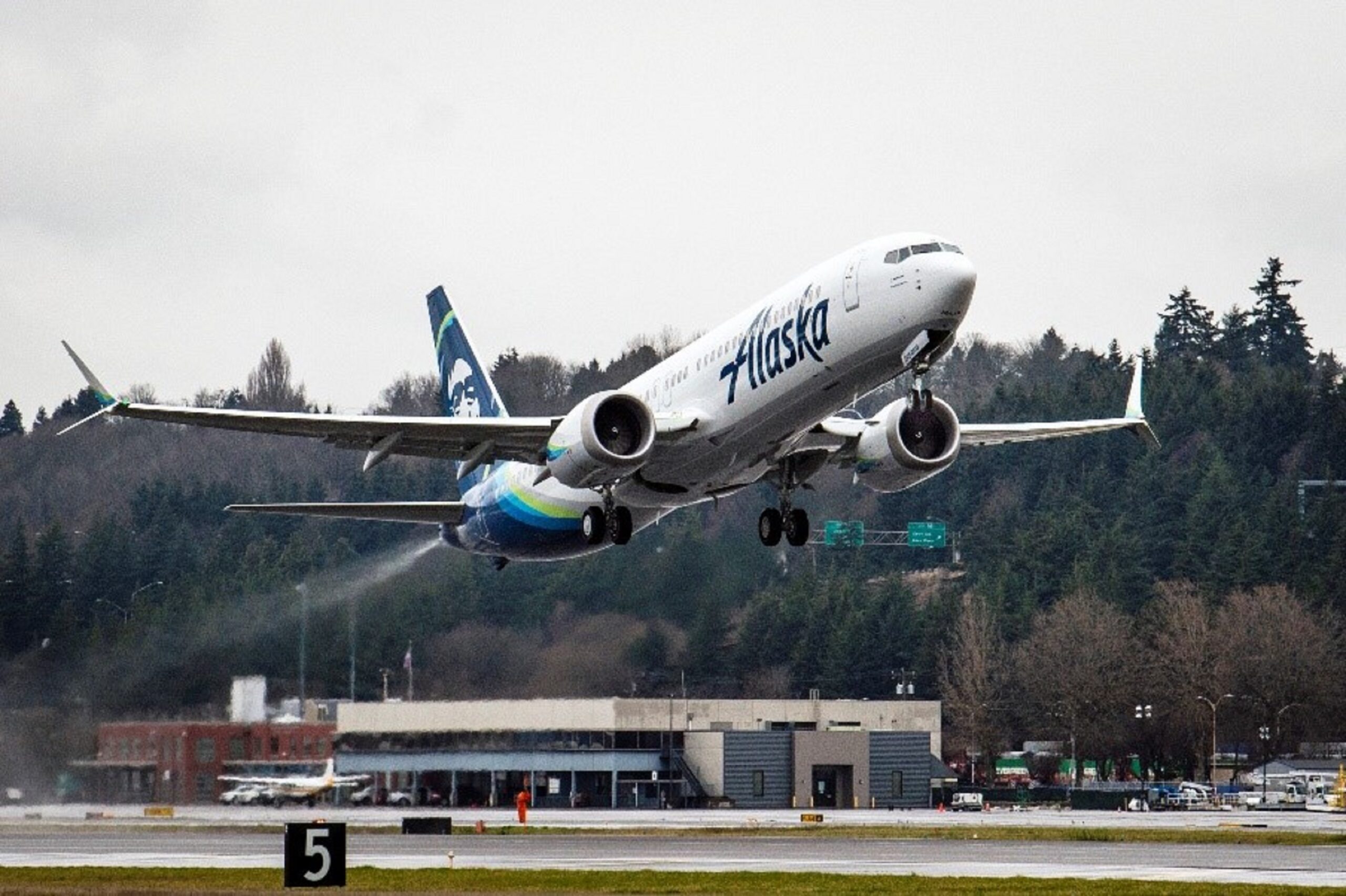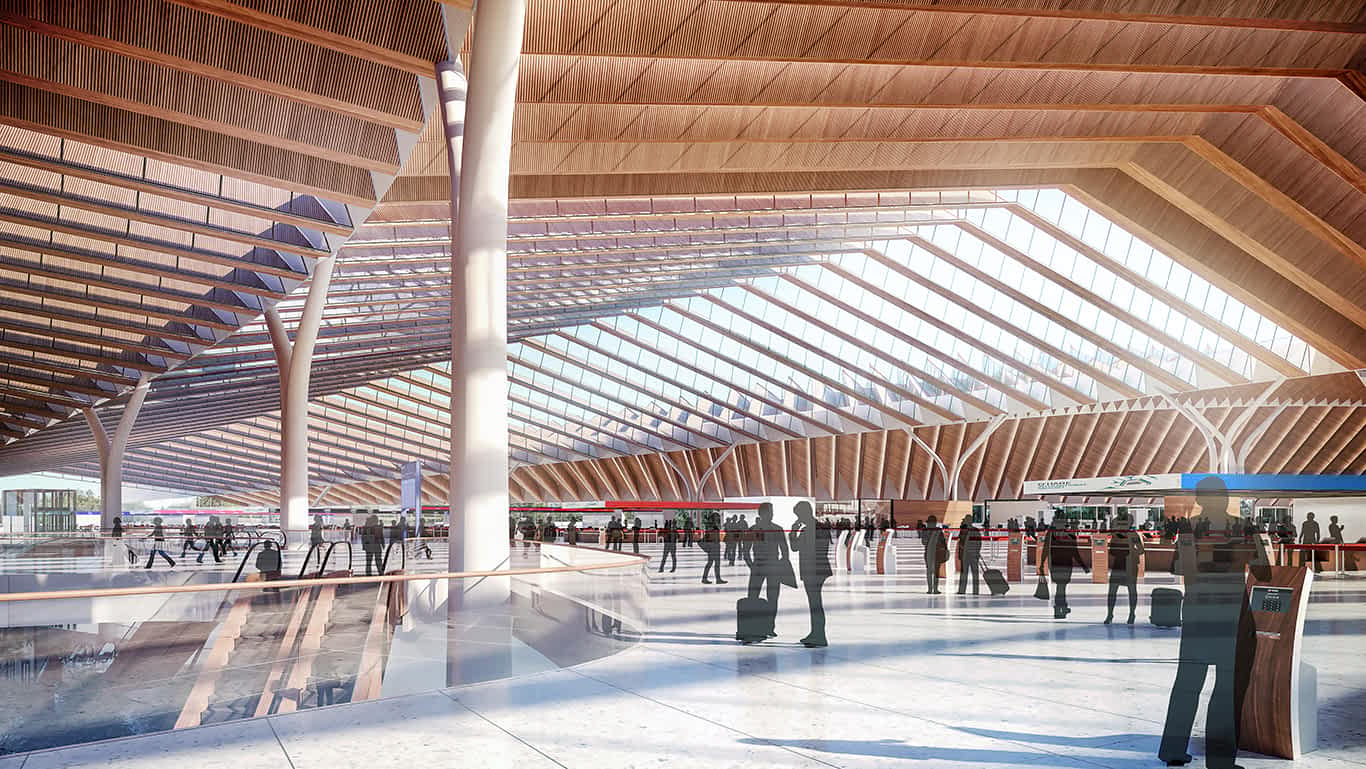North American Carriers Urge FAA to Extend 5G Upgrade Deadline
The industry trade group Airlines 4 America has warned that passengers face widespread cancellations and delays if the current 2024 deadline isn't pushed back
by Lauren Smith
February 14, 2023
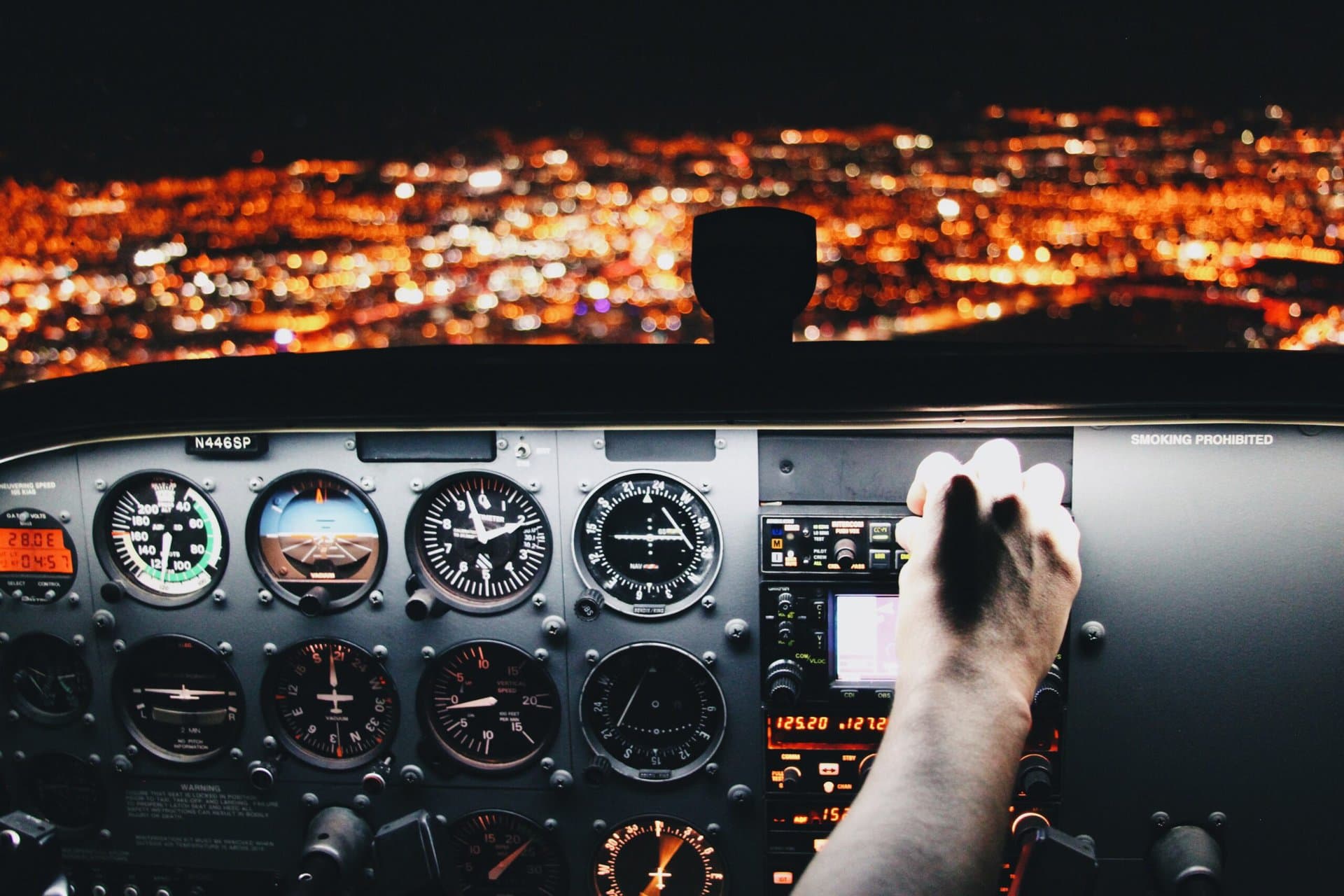
Photo: Courtesy of Chris Leipelt / Unsplash
Major U.S. airlines are pushing the Federal Aviation Administration (FAA) to give them more time to upgrade their aircraft’s instruments to prevent interference from 5G wireless networks and warn that the current February 2024 deadline will lead to flight cancellations and delays.
Airlines 4 America (A4A), a trade group representing 10 U.S. carriers, including American, Delta, and United, has ‘strongly urged” the FAA to push the deadline for the altimeter retrogrades to June 2024 “to reflect technical realities and the continued safe operation of many aircraft.”
The group said that failing to do so could mean a “material number of aircraft” aren’t modified by the deadline, which could “severely limit operations,” with flight cancellations and delays.
At issue is the potential interference between 5G cellular networks and radio altimeters, which measure the altitude at which a plane is flying over the ground—crucial for landings in poor visibility. Altimeters and the country’s 5G networks operate at nearby frequencies, meaning that altimeters without up-to-date filtering technology could pick up interference from devices on nearby 5G networks.
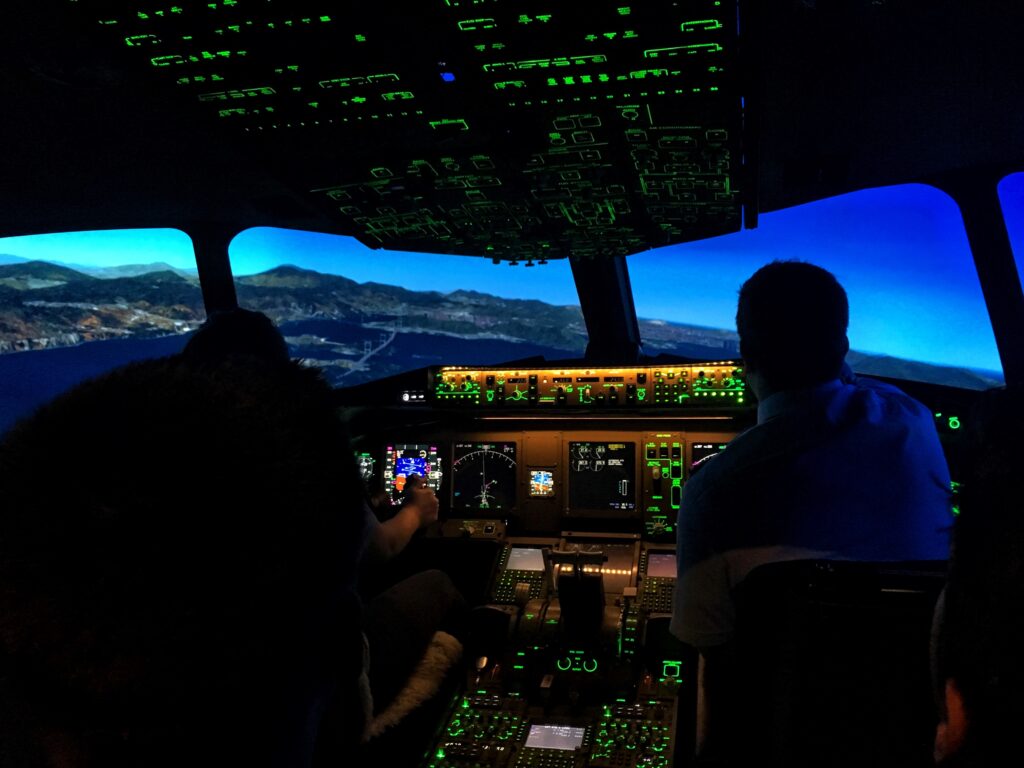
Photo: Airline flight simulator training. Courtesy of Jan Huber / Unsplash
Worries about 5G C-band networks interfering with altimeters on international aircraft led to disruptions at some U.S. airports last year. To address the problem, the FAA requires all commercial and cargo aircraft operating in the U.S. to be fitted with 5G C-band tolerant radio altimeters. The aviation regulator initially proposed a July 2023 deadline for the retrofit, which trade body the International Air Transport Association (IATA) denounced as an “ad hoc unilateral and unrealistic pronouncement.”
In January, the FAA instead proposed a February 2024 deadline for the upgrades. The IATA warned that many airlines would fail to meet that timeline, too, due to supply chain disruption, certification delays, and logistical challenges.
The IATA also says the FAA’s estimate that upgrades will cost airlines $26 million is a considerable underestimate. The FAA’s calculations omitted the cost of already completed retrofits on 6,000 planes and the modifications required on non-U.S. registered aircraft that operate in the country, it said. It maintains the true bill will be at least $637 million and that airlines shouldn’t be footing it alone.
‘The aviation industry, rather than the [Federal Communications Commission] or the telecommunications companies, is being told to pay to upgrade its certified radio altimeters. The unfairness of this cannot be overstated,” said the association.
The IATA, which represents more than 300 airlines worldwide, has also pressed for 5G spectrum signal to be limited around airports and says its concerns about interference are being dismissed.
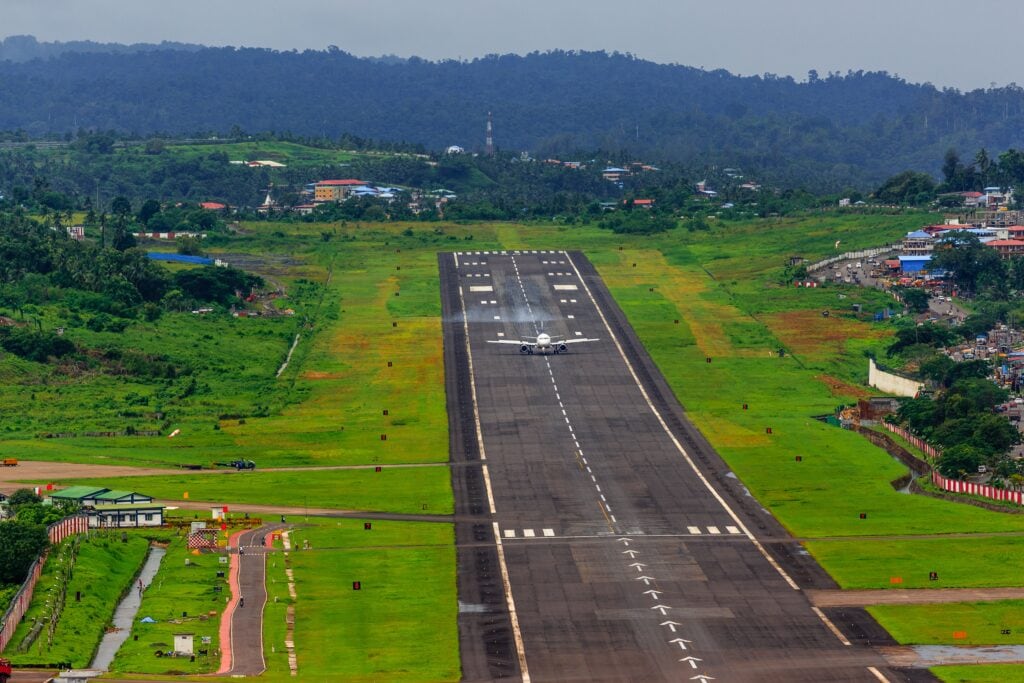
Photo: Courtesy of Lenstravelier / Unsplash
The “Federal Communications Commission (FCC) as well as AT&T and Verizon refused to accept that any limitations on the 5G spectrum signal around airports were necessary to ensure the continued safe operation of commercial aviation,” the trade body said in a filing with the FAA.
CTIA, a telecommunications trade association representing Verizon and AT&T, disputes the safety risks and dismissed the call for an extension to the deadline. “Wireless carriers in nearly 40 countries throughout Europe and Asia now use the C band for 5G, with no reported effects on radio altimeters that operate in the same internationally designated 4.2-4.4 GHz band,” it said in a filing with the FCC.
Cellular networks spent more than $80 billion when the FCC auctioned C-band spectrum for 5G in 2021, along with a 220-megahertz guard band intended to prevent interference with incumbents on neighboring frequencies. AT&T and Verizon agreed to delay implementing 5G near airports and modify equipment.
However, airlines’ calls for an extension to the retrofit deadline have been echoed by plane manufacturers and crew. The Aerospace Industries Association (AIA), which represents Boeing, Airbus, and pilots’ unions, said that the FAA has not provided “sufficiently robust controls to ensure safety as both aviation operations and wireless services co-evolve.”

